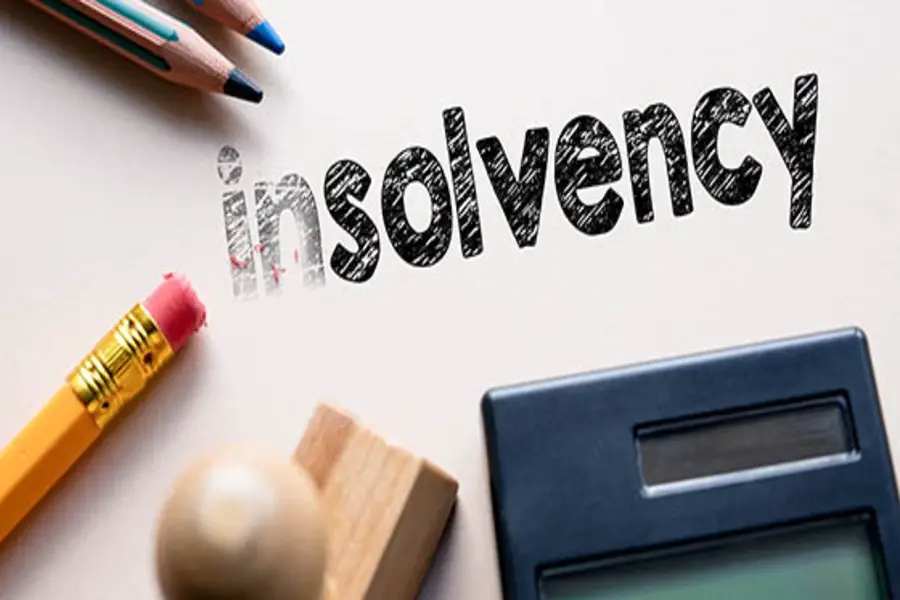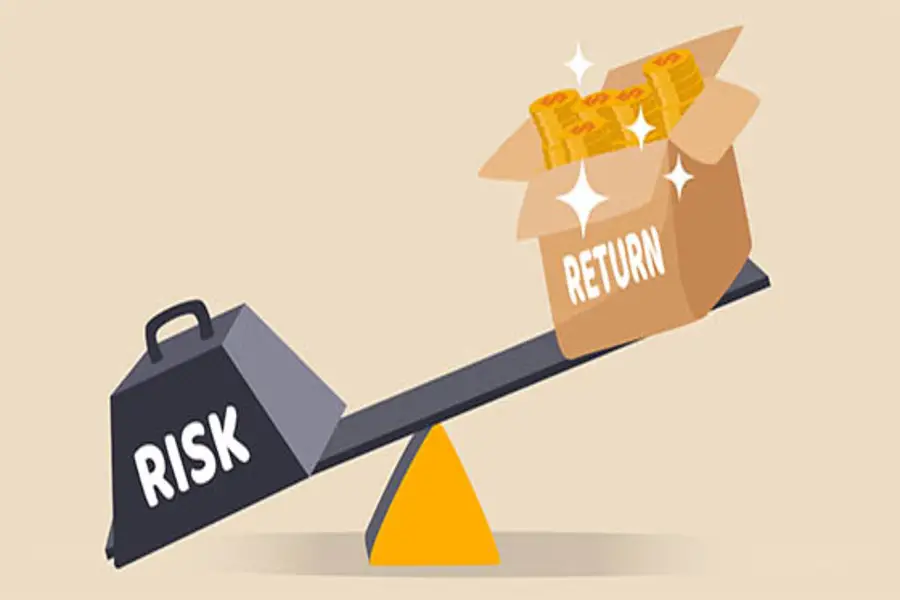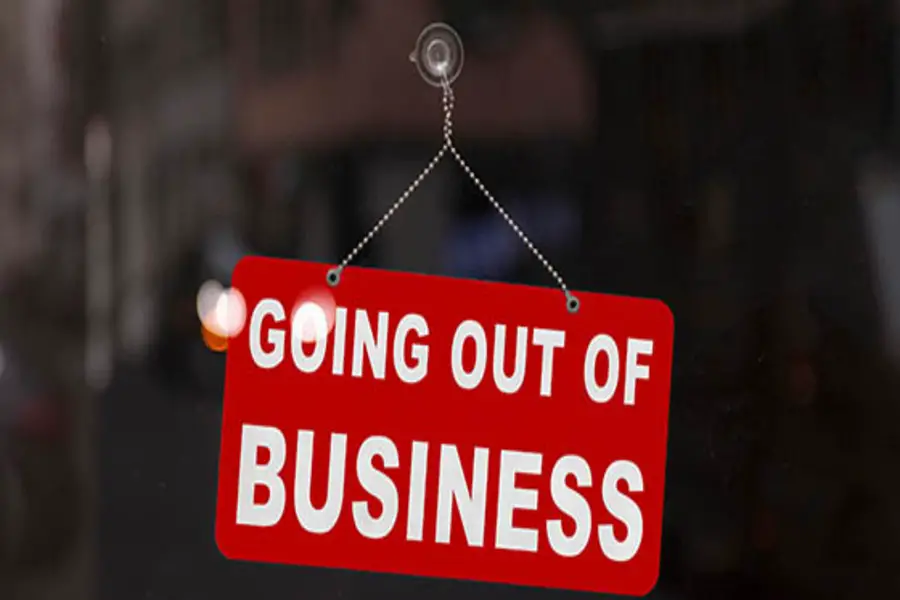Uncertainty about inflation, regulations and geopolitical risks abounds in today’s marketplace. A fairness opinion can protect against costly litigation if your company engages in a major transaction and the projected results subsequently fall short of expectations or insolvency becomes likely. Here’s how a fairness opinion from an independent business valuator can help protect against post-deal legal claims. The basics Simply put, a fairness opinion addresses whether a transaction appears “fair” from a financial point of view. Fairness opinions help confirm that dealmakers fulfilled their fiduciary duties to act in the best interests of the company and its shareholders. However, fairness opinions don’t address legal or structural fairness, nor do they constitute an endorsement or a guarantee of a particular transaction. When preparing a fairness opinion, the expert typically...

Business bankruptcies increased 40.4%, from 13,481 to 18,926, from 2022 to 2023, according to statistics released by the Administrative Office of the U.S. Courts. Solvency opinions may help creditors determine whether a liquidating debtor can meet repayment obligations. They also may come into play in fraudulent conveyance, bankruptcy alter ego and due diligence actions. When questions arise about solvency, the parties often call on a business valuation expert for guidance. The basics Solvency is generally defined as a business’s or individual’s ability, at a specific point in time, to meet long-term interest and repayment obligations. To determine whether a business is solvent, both the federal Bankruptcy Code and the Uniform Fraudulent Transfer Act look at the “fair value” of a debtor’s assets. The company (or debtor) is determined...
Business valuators sometimes consider major events that happen after the valuation date. For example, what if a business is subsequently sold, files for bankruptcy, discovers new technological advances, or experiences a major fraud loss, data breach or natural catastrophe? Such events could potentially affect a business’s fair market value, but whether a valuator will consider a particular event depends on the facts and circumstances of the valuation assignment. “Known or knowable” principle In general, events that are known or knowable on the valuation date will be factored into a valuation. Or valuators might consider the risk that a particular event will happen. But there are several exceptions. For example, in Estate of Jung v. Commissioner (101 T.C. 412, 1993), the U.S. Tax Court concluded, “Actual sales made in...
There’s generally a trade-off between risk and return in business valuation. Investors expect to receive a higher return as a company exposes them to greater risk. Industry-specific risk is an important consideration when estimating an investor’s expected return. Here’s how valuators measure industry risk and factor it into their analyses. Key factors Virtually every business valuation report includes a section on industry risk. Several factors are considered when measuring industry risk, including: Growth prospects. Valuators evaluate the industry’s outlook, including its seasonal and cyclical trends and stage of development. Strong, predictable growth prospects generally equate to lower industry risk and higher value. Relative power of suppliers and customers. It’s important to look up and down the company’s supply chain to determine which players have the greatest negotiating power. Businesses...
When the parties know what to expect at each phase of a business valuation project, it makes the process easier for everyone. This awareness promotes collaboration and timeliness, as well as minimizes potential surprises, misunderstandings and rework. Here’s the five-step process that’s used when valuing a business or interest in a business. Engaging a valuation expert The first step is retaining a business valuation professional and agreeing on the price, deliverables and scope of the assignment. Typically, the valuator and client sign an engagement letter, which serves as a legally binding contract that helps the parties understand such parameters as the: Company being valued, Percentage or number of shares to appraise, Effective valuation date, Standard of value (such as fair market value, fair value or...
In today’s uncertain markets, the value of a business may change significantly over time. So it’s important to choose the valuation date carefully. Often, the date is prescribed by law or a judge. But sometimes attorneys or others, such as the executor in an estate valuation, are allowed to decide between different dates. A fundamental decision The valuation date serves as a cutoff for the information that can be used to estimate value. In general, valuators can’t consider any events that happen after the valuation date, unless the information was “reasonably known or knowable” on the valuation date. However, there’s a key distinction between events that affect value and those that are indicators of value. For example, a valuator may consider an arm’s-length sale or bona fide third-party...
It’s common for business valuation professionals to disagree about the valuation of a private interest — even when both are objective and apply sound valuation techniques. But sometimes opposing experts hired in a case are worlds apart in their opinions. How do you bridge the gap? A rebuttal expert can help. Resolving disputes Rebuttal reports can be useful in a variety of situations. For example, suppose two owners dispute the value of their auto dealership. The owner hoping to dissolve her interest hires an expert who values the business at $10 million. The other owner’s expert estimates that the company is worth $8 million. Neither side will split the $2 million difference. So, they jointly hire a third expert to compare and contrast the two valuations. After sorting...
U.S. commercial bankruptcies surged in 2023, as businesses across many industries struggle with rising costs, a tight labor market, lackluster demand, economic uncertainty and geopolitical risks. When valuing a distressed business, its value as a going concern might not necessarily be appropriate. Some situations call for liquidation value. Here’s how these premises of value differ and how valuators estimate liquidation value. The key differences The International Valuation Glossary — Business Valuation defines going-concern value as “a premise of value that assumes the business is an ongoing commercial enterprise with a reasonable expectation of future earning power.” Most business valuations focus on a business’s going-concern value. However, for businesses contemplating bankruptcy, liquidation value is another important benchmark. The glossary identifies two types of liquidation value: 1. In an orderly liquidation,...
A business may have more than one value, depending on the purpose of the business valuation and the characteristics of the ownership interest. Before an expert starts working on a business valuation, it’s important to discuss the appropriate level of value. Otherwise, confusion over levels of value may lead to miscommunication and misinformed business decisions. Moreover, when multiple experts calculate different levels of value, discrepancies and disputes abound. Here’s an overview of the three main levels of value. 1. Controlling interests Control value is one level. The ability to control a business’s decisions has impact on value, especially on the value of a closely held business. Potential buyers often may be willing to pay a premium for the ability to control business decisions. The key to arriving...
Buy-sell agreements are a critical tool for closely held businesses and professional practices. The valuation provisions of these agreements play a significant role when buyouts happen. Unfortunately, shareholders in a New York law firm recently learned a hard lesson: While a fixed-value provision has the benefit of simplicity, failure to tie that formula to the business’s current fair market value can prove costly. Lawyers sue In Laurilliard v. McNamee Lochner, P.C. (No. 904245-22, N.Y. Supr. Ct. June 29, 2023), a New York trial court forced two law firm shareholders, who had practiced with the firm for decades, to surrender their shares for only $100 each. The court denied the terminated shareholders’ claim, which alleged their old firm and nine of its shareholders had anticipatorily breached the shareholders’...











